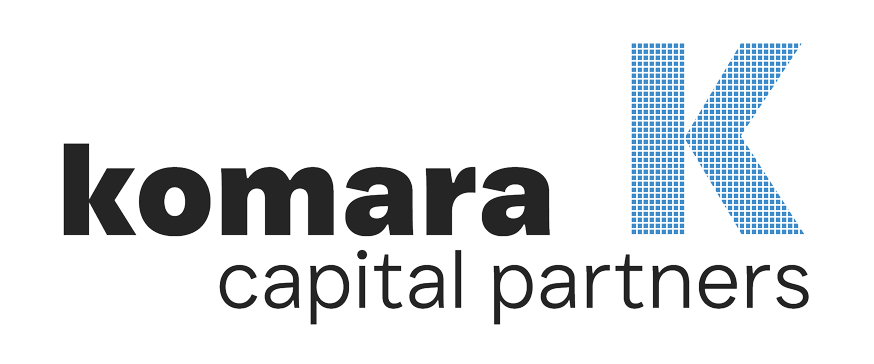How Tax-Loss Harvesting Is Naturally Baked Into Our Process
Our blood boils a little bit every time we hear someone repeat the myth that risk management and tax efficiency are like oil and water. In our view, the real conundrum is that most tactical managers do not place proper emphasis on taxes, while most tax-efficient portfolio strategies do not adequately account for portfolio risk.…
Read More5 Common Money Management Mistakes & How to Avoid Them
The financial markets are complex. Investments vary greatly and respond differently in various market conditions. What works well in one economy may not work well in another. One investment mistake could have a significant impact on whether you reach your financial goals. Raising your level of awareness of these potential pitfalls is the first step…
Read More
